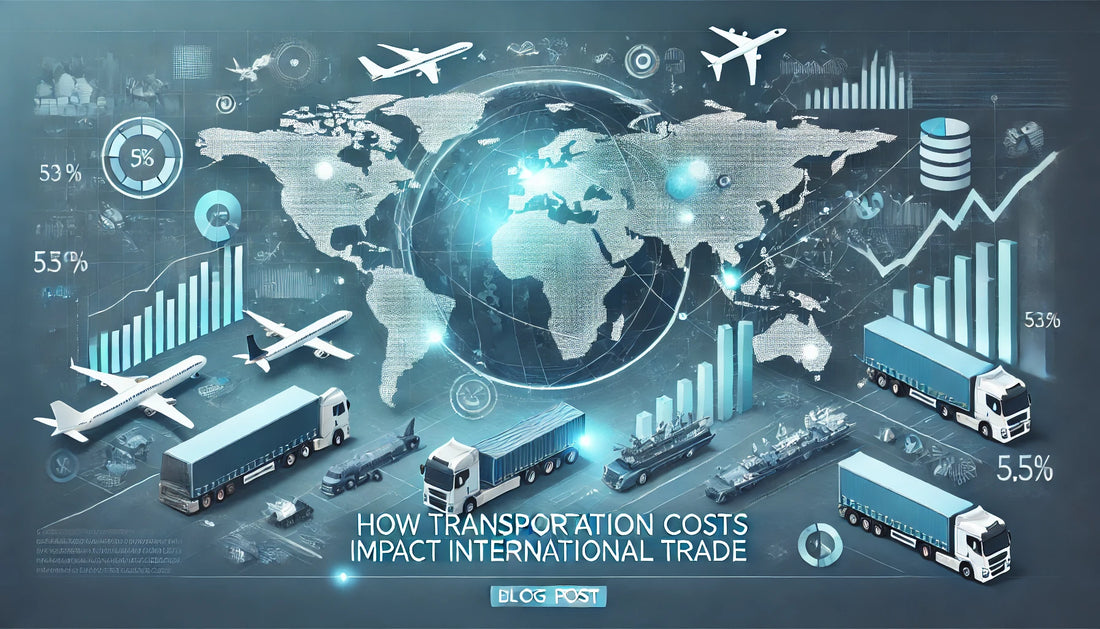Transportation costs play a pivotal role in shaping international trade by influencing prices, trade volumes, and global competitiveness. As highlighted by Carbaugh (2023), transportation costs represent a barrier to trade, increasing the price of imported goods and reducing the gains from trade liberalization. These costs, including freight charges, handling, and insurance, can act as an implicit tariff, raising the final price of goods. The result is a reduction in the volume of exports from low-cost producers and a decrease in imports in high-cost nations, which diminishes the degree of trade specialization between countries.
According to Falvey (1976), transport costs also shift resources from production to shipping, which affects trade flows and alters comparative advantages. Carbaugh (2023) further emphasizes that transportation costs limit the factor-price equalization predicted by the Heckscher-Ohlin model. For instance, U.S. autoworkers earn more than South Korean autoworkers partly due to transportation costs, which reduce the volume of auto exports from South Korea, protecting higher U.S. wages from falling to the same level as South Korea’s.
Moreover, Daudin, Héricourt, and Patureau (2022) show that transportation costs, particularly additive (per-unit) costs, significantly impact welfare gains. These costs are often underestimated, but reductions in transport costs lead to lower consumer prices and increased trade. Technological improvements in shipping also enhance the global supply chain, promoting specialization and reducing trade barriers.
Carbaugh (2023) illustrates the importance of considering transportation costs within the framework of comparative advantage. A country with a natural advantage in production may still lose competitiveness if high transportation costs offset this benefit. For example, even if the U.S. has a comparative advantage in producing autos, a $2,000 per-unit transport cost from the U.S. to Canada significantly reduces the trade volume and the potential gains from trade.
In summary, transportation costs are a crucial factor in international trade. They impact prices, trade patterns, and wage equalization, reducing the potential benefits of free trade by increasing the final cost of goods and limiting market access.
References
Carbaugh, R. J. (2023). International economics (18th ed.). Cengage.
Daudin, G., Héricourt, J., & Patureau, L. (2022). International transport costs: New findings from modeling additive costs. Journal of Economic Geography, forthcoming.
Falvey, R. E. (1976). Transport costs in the pure theory of international trade. The Economic Journal, 86(343), 536–550. https://doi.org/10.2307/2230798




